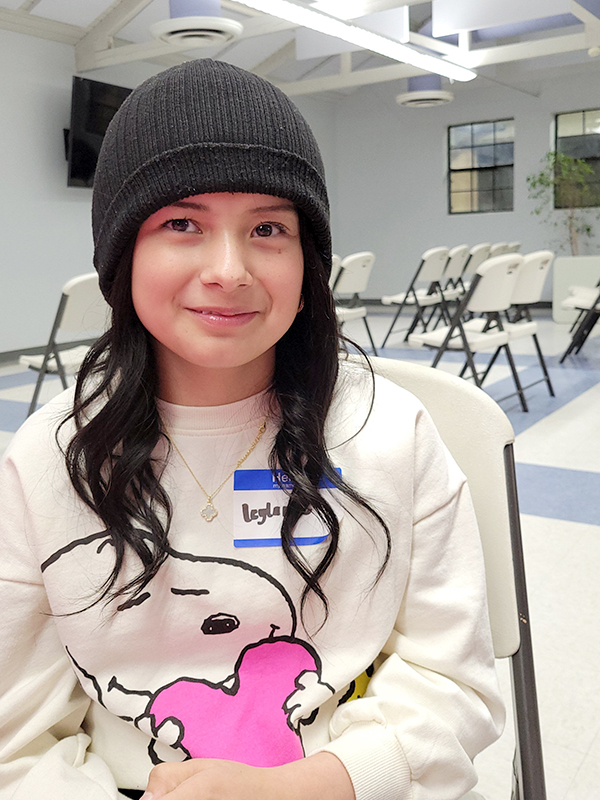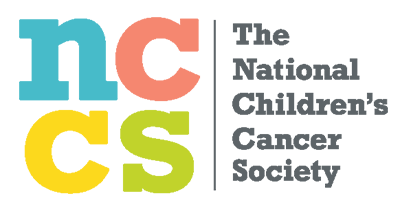Navigating childhood cancer involves more than just managing medical treatments—it also requires finding ways to keep your child engaged academically. Fortunately, there are a variety of educational alternatives designed to support children undergoing cancer treatment, allowing them to continue learning while prioritizing their health.
Hospital and Homebound Education Programs
Many hospitals recognize the importance of helping children stay on track with their education during treatment. Some offer on-site teachers or tutors, while others provide virtual learning options so kids can continue their studies during their hospital stay.
Additionally, many school districts have homebound education programs, where teachers visit the child’s home to provide personalized instruction. These programs are designed to accommodate the child’s medical needs and ensure they don’t fall behind academically while focusing on their health.
Online and Virtual Schools
Online and virtual schools offer a flexible learning environment tailored to your child’s unique situation. These programs allow students to work at their own pace and complete coursework from the comfort of their homes, ensuring they can stay engaged with schoolwork without compromising their health or treatment plan.
Personalized Tutoring
Private tutors provide one-on-one instruction customized to your child’s needs. These tutors can work around treatment schedules and adapt their teaching methods to accommodate any physical or emotional challenges your child may face. One example is Joey’s Wings Tutors for Hope, which offers free tutoring services via Zoom, covering subjects like English, math, science, art, and music.
Educational Apps and Programs
Educational apps and online platforms can make learning fun and accessible, especially for children who spend extended time at home or in the hospital. These tools offer interactive and engaging content that can be customized to match your child’s interests and abilities, keeping them motivated and on track academically. Explore some of these resources here.
Modified Schooling
Many schools will provide flexible arrangements, such as reduced hours or remote assignments, to support students undergoing treatment. Open communication with your child’s school can lead to personalized solutions that help your child make academic progress during this challenging time.
Adjusting the Individualized Education Plan (IEP) or 504 Plan
For children receiving special education services, their Individualized Education Plan (IEP) or 504 plan can be adapted to fit their new needs. This may include curriculum modifications, accommodations for missed work, and extended deadlines to ensure they continue receiving the necessary support throughout treatment.
Leylanie’s Story:

Education can give children a sense of normalcy and purpose in challenging times. By exploring alternative education options and working closely with your child’s school, you can ensure they continue to thrive academically and emotionally throughout their treatment journey. For more information on the educational needs of childhood cancer survivors, click here.

